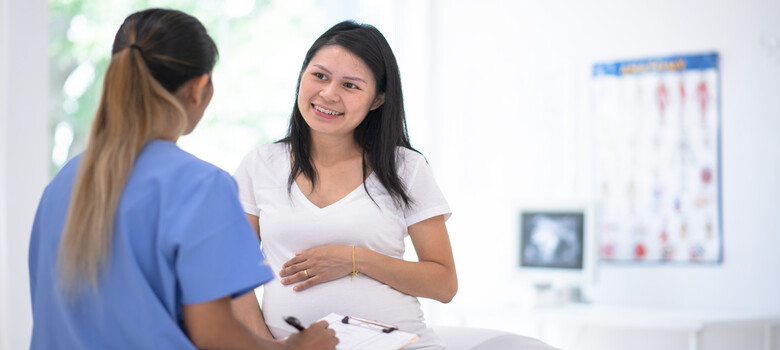Should You See a Gynecologist for a Yeast Infection?

Vaginal yeast infections are one of the most common problems affecting women. In fact, most women get at least one at some point in their life. Here, Duke Health gynecologist Mark Lachiewicz, MD, MPH, answers some common questions about yeast infections, including what they are, symptoms, treatments, and when you should see a doctor.
What is a vaginal yeast infection?
The vagina normally contains a small amount of yeast, or a fungus called candida. Healthy bacteria help manage yeast levels in the vagina to keep them balanced. If the balance between healthy bacteria and yeast is disturbed, a yeast infection can occur. The most common symptoms of a vaginal yeast infection include vaginal discharge that appears white and cottage-cheese-like with no odor and vaginal itching. Other symptoms include burning pain, redness, or swelling.
Dr. Lachiewicz explains yeast infections, why they are so common, and when you should seek help.
What causes vaginal yeast infection?
Certain situations can cause the balance between healthy bacteria and yeast to be thrown off. These conditions include the use of antibiotics, hormonal changes, sex, uncontrolled diabetes, a weakened immune system, or wearing tight or wet clothing.
Struggle with recurrent yeast infections? Watch this video to learn more.
How is a vaginal yeast infection treated?
Certain over-the-counter products may provide relief from the vaginal itching and burning caused by a yeast infection. They include anti-fungal creams or suppositories, which are placed in the vagina -- pH-balancing medications and vaginal probiotics may also provide some relief. However, they don’t always work. While some home remedies you hear about on social media may provide short-term relief, they may do more harm than good in the long run.
When should I see a doctor for a yeast infection?
In many cases it’s best to see a doctor, rather than try to cure a yeast infection on your own. The symptoms of a yeast infection often overlap with other conditions, such as a sexually transmitted infection. Make an appointment with your doctor if this is your first time experiencing a yeast infection or if you’re experiencing yeast-infection-like symptoms after having sex with a new partner. Your doctor can confirm if you have a yeast infection and make sure it’s not something else.
If you’ve tried over-the-counter products and they haven’t been effective, a doctor can confirm that you have a yeast infection and provide a more effective prescription. If you’re experiencing chronic yeast infections, this could be a sign that you have an underlying condition, such as diabetes. Your doctor can investigate the root cause and provide effective treatment and lifestyle counseling to prevent chronic yeast infections from coming back in the future.
Pregnancy changes the hormonal and pH balance of the vagina and may increase the likelihood of getting a yeast infection. Do not use any over-the-counter products without checking with your doctor first. Some antifungals may be harmful to a developing fetus.



